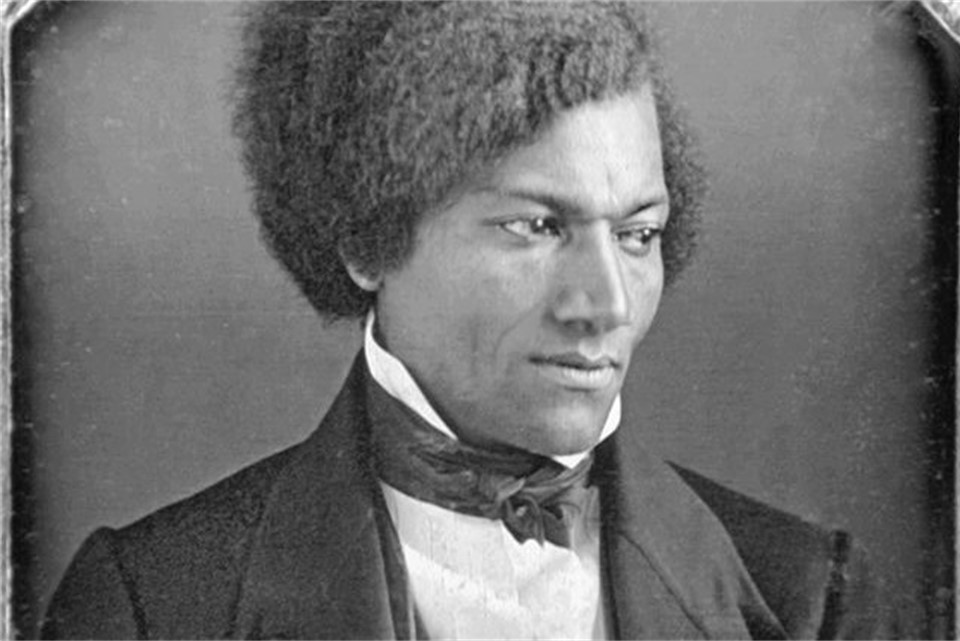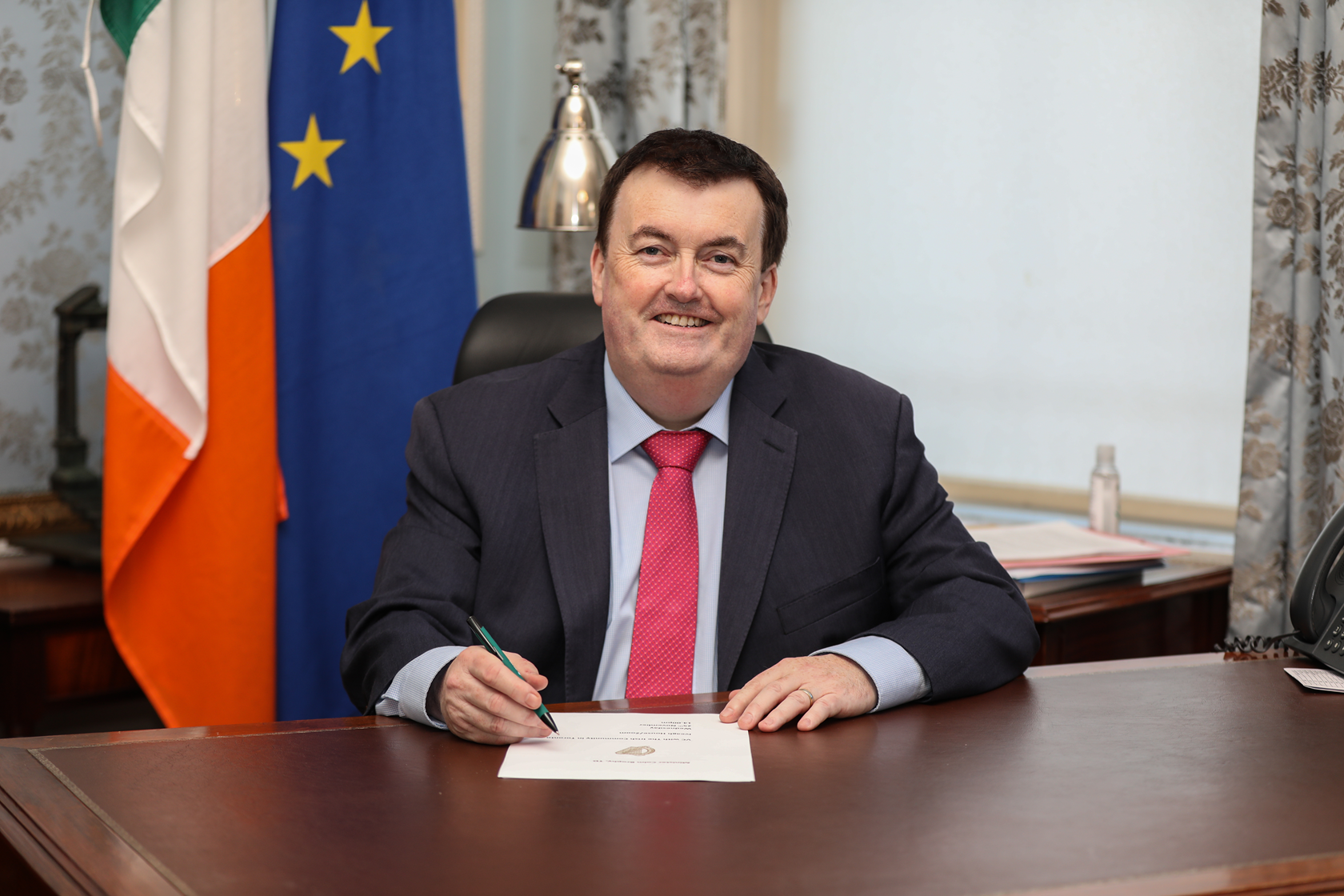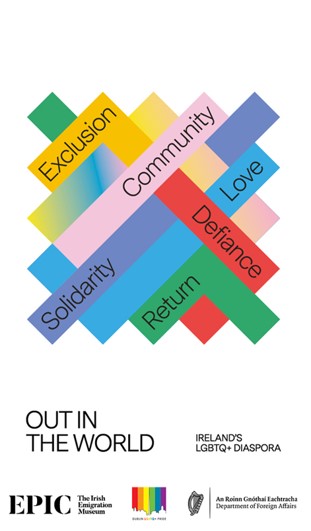Douglass Fellowships Announced
News
30 September 2020
On 29th September, the Minister for Foreign Affairs, Mr Simon Coveney T.D., announced the Frederick Douglass Global Fellowships Ireland. A partnership between the Department of Foreign Affairs and the Council on International Education Exchange (CIEE), the US’s largest study abroad program, the new Fellowships will see scholarships awarded to 10 students from US based Minority Serving Institutions (MSIs) to participate in a 4-week summer programme in Ireland in 2021. The Minister made the announcement at a seminar at Georgetown University to mark the 175th anniversary of the meeting of Frederick Douglass and Daniel O’Connell in Dublin.
Frederick Douglass was born into slavery in Maryland in 1818. Aged about twelve, two Irishmen working in a shipyard alongside him counselled young Douglass ‘‘run away to the north’’. Eight years later, he did just that, establishing himself in Massachusetts. He documented his life in servitude and escape from it in his autobiography, The Narrative of the Life of Frederick Douglass, An American Slave published, to great controversy and acclaim, in the spring of 1845.
Three short months later, the 27 year-old Douglass fled Boston for Ireland. After a short stop in Liverpool, he arrived on 31 August 1845, writing to friends in America, ‘‘I am now safe in old Ireland, in the beautiful city of Dublin’’. His stay was to have been only a few weeks, but lasted more than four months. In that time, Douglass delivered scores of lectures across Dublin, Wexford, Waterford, Limerick, Cork and Belfast; published an Irish edition of The Narrative; bore witness to the suffering & strife of a people experiencing the first months of what would be the Great Famine; and met fellow celebrated abolitionists, above all ‘‘the Liberator’’ Daniel O’Connell, by whose oratory Douglass was ‘‘completely captivated’’, his style of ‘‘sweet persuasiveness… beyond any voice I ever heard.’’
Writing to William Lloyd Garrison from Belfast, towards the end of his stay, Douglass observed that: ‘‘I can truly say, I have spent some of the happiest moments of my life since landing in this country. I seem to have undergone a transformation. I live a new life.’’
To commemorate the visit of Frederick Douglass to Ireland, a series of events has been organised in the US and in Ireland. You can find out more here.




